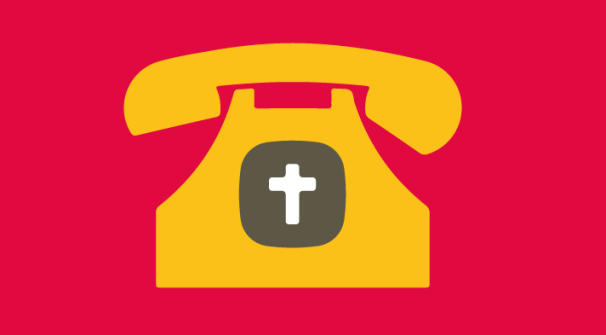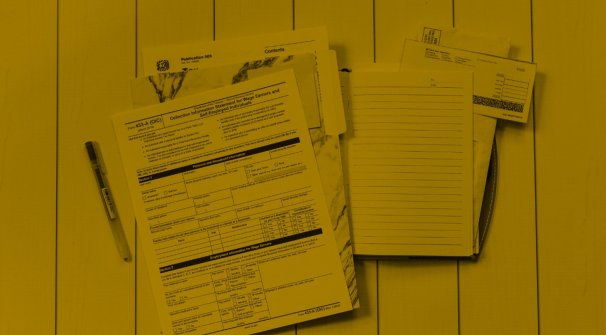The government is taking steps to ‘clean up’ governance of companies registered in the UK, with greater powers and new responsibilities for Companies House. This is mainly aimed at combating fraud and other types of economic crime (a recent incident with an apparently mass submission of over 800 possibly fraudulent filings demonstrates the risks), but unfortunately charitable companies are also caught up in these new regulations.
We’ve previously given a fuller overview of the act. In short, however, Companies House is changing from a passive recipient of information, undertaking almost no verification, to an active regulator and verification agent. A short recap of the main implications specifically for charitable companies is in order:
With effect from 4 March 2024, all companies:
- have to register “an appropriate address” with Companies House, which means PO Boxes will no longer be acceptable. Practically, this means an address where documents delivered will come to the attention of a person who acts for the company, and where delivery can be acknowledged (effective immediately);
- must have an email address registered with Companies House (when incorporating from 4 March onwards, or with their next confirmation statement from 5 March 2024 for existing companies);
- must confirm their future activities will be lawful (on incorporation, or with their confirmation statements filed from 5 March 2024 onwards).
(Other changes on restrictions on names are probably less relevant for most existing charities.)
Other changes with uncertain implementation dates include:
- The identity of all directors will have to be verified. This will be the case for all new companies before registration, and other directors will have to be verified over a period of time (to be confirmed, but planned for later in 2024). Companies House promises to provide a service to do this using existing ID documents such as passports.
- Charitable companies will no longer be able to send hard copies of their annual accounts to Companies House and will have to file these accounts electronically using acceptable software. Companies House expects to roll these requirements over 2-3 years. (Small and micro-entity companies will now also have to file profit and loss accounts, but charitable companies are not able to file under those regimes in any event).
- Positively, companies won’t have to keep certain registers internally (directors, register of directors’ home addresses, secretaries, and persons with significant control (PSCs). This will be filed with Companies House and that will be the official record. Charitable companies will still have to keep registers of members (relevant for charitable companies, particularly where you have, for example, a church membership which is distinct from the trustees) and of debentures.
What does this mean? What do we need to do now?
- The most immediate considerations are clearly related to having an “appropriate address”, especially if your charitable company is currently registered with a PO Box address, and providing an email address to Companies House if they don’t already have one for your company. This should be addressed urgently. Resolving the address issue might be difficult if you don’t own your own premises, for example if a church rents a school hall. If one church rents another’s building, and the host church is willing to receive post for the renting church, the renting church could set that as the registered address. Alternatively, it might have to be a residential address of one of the trustees or the company secretary (with the attendant risks of making that information public), an office or building of a related / sympathetic charity, or the charity might have to pay for a virtual office service to receive post on their behalf. If a charitable company doesn’t provide an “appropriate address”, Companies House will provide one (their address, in fact!), and companies will have a limited time to rectify this.
- Coming further down the line are the requirements to file accounts electronically using software and verifying the identify of directors. We don’t yet have further details on exactly how this will work, or the estimated timescales, but if your charitable company prepares its own accounts, or your current independent examiner does not have the capacity to file your accounts using recognised software, it would be worth considering your options now. There is significant capacity pressure in the accounting sector, and a last-minute decision might be too late. Stewardship’s Accounts Examination Services team will be able to help and advise you.
Given all of this additional regulation, it might well be worth considering the option of converting the charitable company to a Charitable Incorporated Organisation (CIO). Converting to a CIO gives all the benefits of being incorporated as a charity (limited liability for trustees, the charity can own property, etc), but without the burdens of company regulation. We have more information in a related blog, and please get in touch with us if you have any questions.
Companies House gives a complete snapshot of the upcoming changes here: Changes at a glance - Changes to UK company law Companies House changes
Sharpen
Quarterly emails for trustees, treasurers and Church and Charity Leaders. Practical tools, technical resources and expert guidance to safeguard your mission and ministry.











